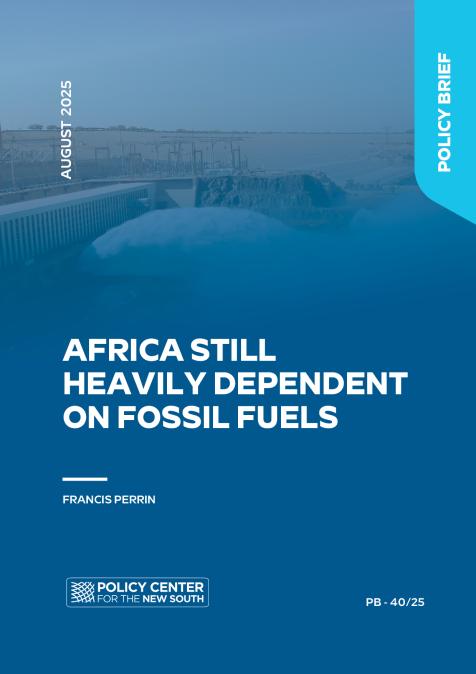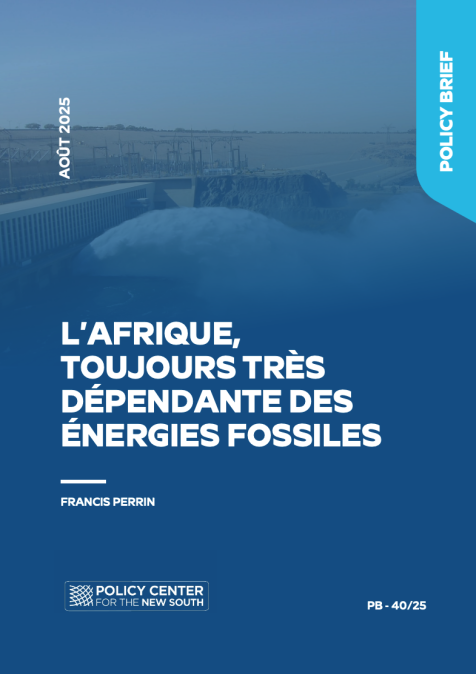Publications /
Policy Paper
China's ascent to the position of the world's most prominent energy consumer has altered global energy markets and fundamentally reshaped the geopolitics of energy security. As China navigates the complexities of sustaining its economic momentum, ensuring access to reliable, affordable, and diversified energy sources has become an existential imperative, intricately woven into its foreign policy strategy. In parallel, Africa's immense wealth of both conventional and renewable resources, coupled with its drive toward industrialization and sustainable development, presents a remarkable opportunity for a transformative partnership. This Policy Paper explores the strategic intersection between China's energy imperatives and Africa's developmental aspirations. It argues for a relational cooperation model that transcends a narrow transactional approach, and champions an inclusive, sustainable, and future-oriented partnership. Historically characterized by overseas investments in oilfields, critical infrastructure, and renewable energy projects, China's engagement is examined against Africa's chronic energy poverty and industrialization needs. China can enhance its energy security and gain access to Africa's abundant energy resources. At the same time, Africa can accelerate its progress towards the goals enshrined in Agenda 2063, improve its energy infrastructure, and boost its industrialization. However, the partnership is not without significant risks. Issues of debt sustainability, environmental and social governance, and political instability threaten to undermine the transformational potential of China–Africa energy cooperation. Accordingly, this Policy Paper stresses the imperative for transparent, inclusive, and sustainable modes of engagement, advocating for stronger environmental stewardship, enhanced local capacity-building, and greater alignment with Africa's regional integration agendas. This emphasis on transparency and sustainability is crucial to building confidence in the partnership.









